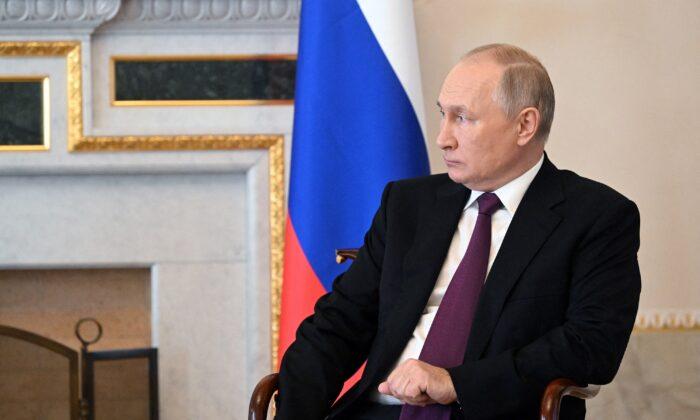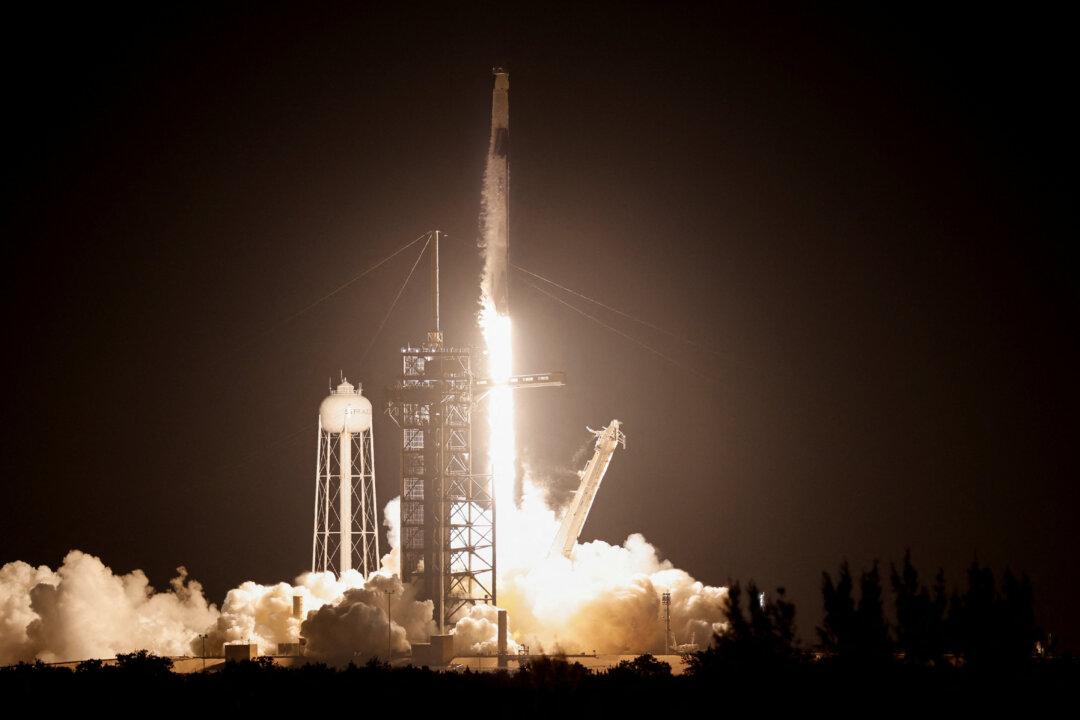President Vladimir Putin said on Tuesday that Russia was not working against anyone on energy markets and was seeking a balance between oil supply and demand, a week after Washington criticized a decision by OPEC+ to steeply cut oil production.
Speaking with President Sheikh Mohammed bin Zayed al-Nahyan of the United Arab Emirates, Putin said Russia aimed to create stability on energy markets and ensure that supply and consumption were balanced.
“We are also actively working within the framework of OPEC+. I know your position, our actions, our decisions are not directed against anyone, we are not going to and do not do it in such a way as to create problems for anyone,” Putin said at the meeting in St. Petersburg.
“Our actions are aimed at creating stability in the global energy markets, so that both consumers of energy resources and those involved in production, suppliers to the global markets feel calm, stable, and confident. So that the supply and demand would be balanced.”
U.S. President Joe Biden has called on his administration and Congress to explore ways to boost U.S. energy production and reduce OPEC’s control over energy prices after what Washington called the cartel’s “shortsighted” production cuts.
The move drew a sharp response from Biden that underscores the growing rift between the United States and Saudi Arabia on energy policy.
Before the meeting, the UAE’s foreign ministry said the visit aimed to help reach “effective political solutions” to the Ukrainian crisis.
The UAE sought to “achieve positive results for military de-escalation, reduce humanitarian repercussions, and reach a political settlement to achieve global peace and security,” the ministry added.
Sheikh Mohammed wrote on Twitter about his meeting with Putin: “We discussed several issues of mutual concern, including the Ukraine crisis, and the importance of engaging in dialogue to reduce tensions and arrive at a diplomatic solution.”
The Kremlin on Sunday praised OPEC+ for agreeing production cuts that it said had successfully countered the “mayhem” sown by the United States in global energy markets.





